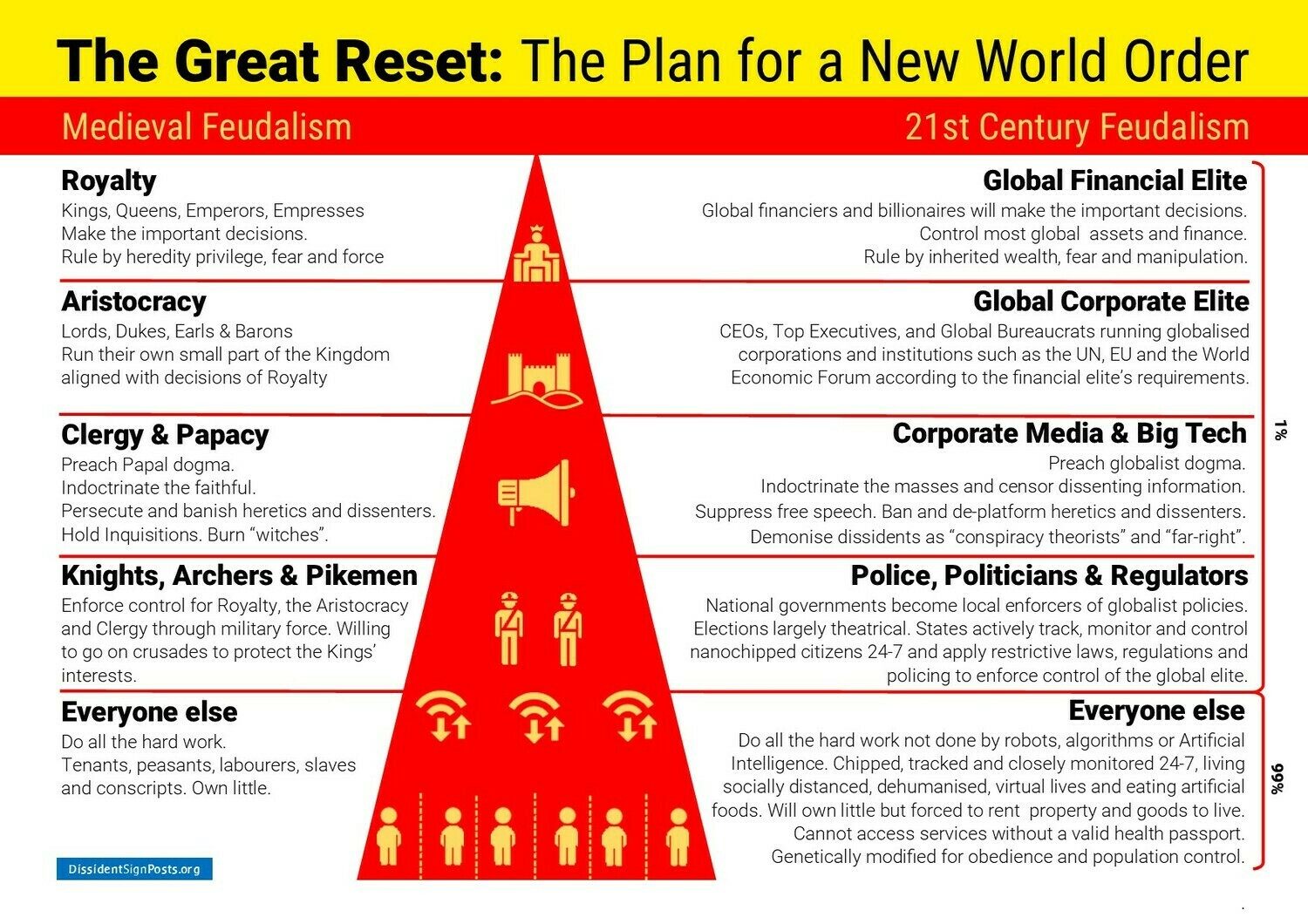

This new hierarchy of values will call for a reset on the way we deal with climate change, which, like the pandemic, is a global phenomenon. In a post-COVID world, it is reasonable to expect that more people will want improvements in risk management, in social and medical safety nets, and will want more attention paid to scientific experts. Carney said that in a post-COVID world "stakeholder capitalism" will be tested as "companies will be judged by "what they did during the war", how they treated their employees, suppliers and customers, by who shared and who hoarded." The "gulf between what markets value and what people value" will close. īy mid-April 2020, against the backdrop of the COVID-19 pandemic, the COVID-19 recession, the 2020 Russia–Saudi Arabia oil price war and the resulting "collapse in oil prices", the former Governor of the Bank of England, Mark Carney, described possible fundamental changes in an article in The Economist. president Joe Biden, New Zealand prime minister Jacinda Ardern and Canadian prime minister Justin Trudeau incorporated ideas of a post-COVID-19 "reset" in their speeches. Great Reset conspiracy theories increased in intensity when leaders such as U.S.

Such theories include baseless claims that the COVID-19 pandemic was created by a secret group in order to seize control of the global economy, that lockdown restrictions were deliberately designed to induce economic meltdown, or that a global elite was attempting to abolish private property while using COVID-19 to enslave humanity with vaccines. The initiative triggered a range of diverse conspiracy theories spread by the American far-right and conservative commentators on social media such as Facebook and Twitter. The Great Reset Initiative, and the World Economic Forum more generally, have been criticised by some commentators for promoting economic deregulation and a greater role in policy for private businesses, particularly large multinational corporations, at the expense of government institutions. The Davos 2022 theme was "History at a Turning Point", and the summit was dominated by the Russian invasion of Ukraine. Due to disruption from COVID-19, the summit was postponed to May 2021, and again to 2022. "The Great Reset" was to be the theme of the 2021 World Economic Forum annual summit in Davos, Switzerland, scheduled for January 2021. WEF chief executive officer Klaus Schwab described three core components of the Great Reset: creating conditions for a "stakeholder economy" building in a more "resilient, equitable, and sustainable" way, utilising environmental, social, and governance (ESG) metrics and "harness the innovations of the Fourth Industrial Revolution." In her speech opening the dialogues, International Monetary Fund director Kristalina Georgieva listed three key aspects of a sustainable response to COVID-19: green growth, smarter growth, and fairer growth. The initiative's stated aim is to facilitate rebuilding from the global COVID-19 crisis in a way which prioritises sustainable development. The project was launched in June 2020, with a video featuring Charles, Prince of Wales released to mark its launch. The Great Reset Initiative is an economic recovery plan drawn up by the World Economic Forum (WEF) in response to the COVID-19 pandemic. For the 2020 book, see Great Reset § Book. For the 2010 book, see The Great Reset (book).


 0 kommentar(er)
0 kommentar(er)
